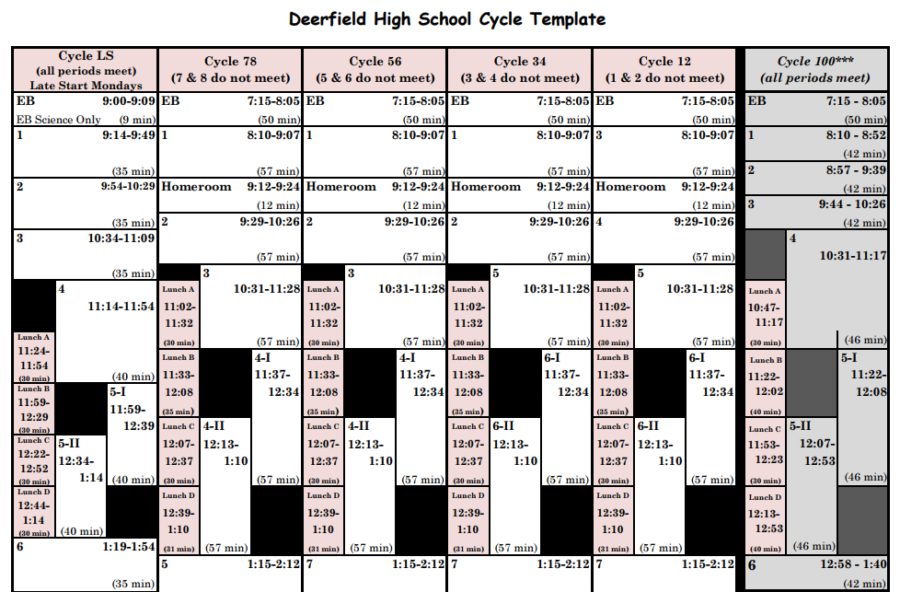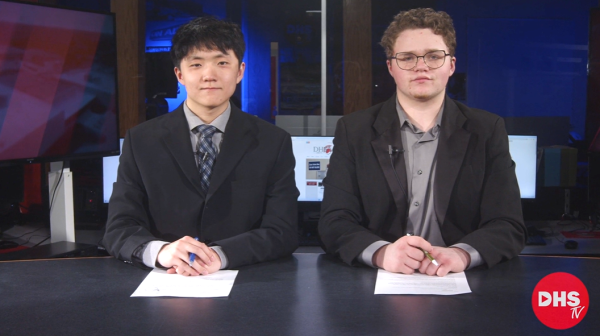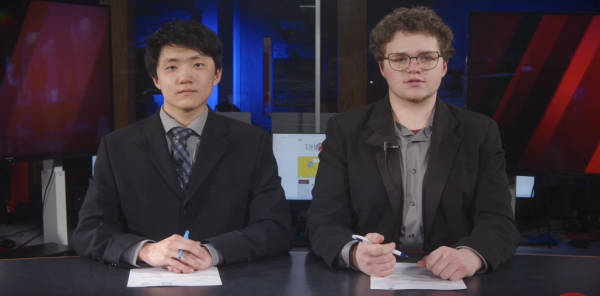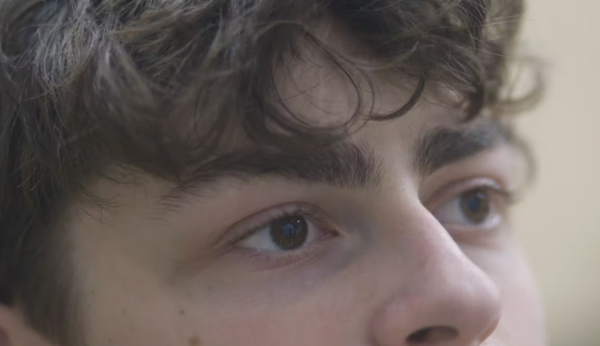Longer than a nine month process: how new classes are approved
Food Science, Science Fiction Senior English, Film Studies, and beyond: all of these courses are—or will be—new and exciting additions to the classes offered at DHS. But the real mystery of this school’s curriculum is how these new classes become, well, classes—and why.
In order for a class to get approved to be a part of DHS’s offered courses, the proposal for a certain class has to be drafted in detail and pass through the school’s curriculum committee.
“We have a curriculum committee that oversees changes to our curriculum,” David Hirsch, the creator of next year’s Science Fiction course, explained. “So if you want a new course or a change to and old course you put in a proposal and you meet with a committee.”
Assistant Principal Ken Williams elaborated on the process. “Once that committee has heard all of those proposals, the next group to process the proposals will be what we call our building administrator group. And those are all department chairs: our department chairs and the principals,” he said. “It’s really the building principal team who then listens to all of that feedback from those two groups and decides which proposals get recommend forward to the executive council level. “
Firstly, the proposal for the new course has to be detailed and well-organized. “It has to be thought out, it has to be planned, and it has to have gone through proper channels,” Hirsch explained. Having all the details is critical to the success of the course, especially considering that all the class material in such a case would be brand new.
The executive level, consisting of the superintendent and the assistant superintendent among others, is the highest level that a proposal passes through and has the final decisions as to whether a class gets the green light. So in order to first pass through the school’s curriculum committee and eventually make their way up the ladder, most classes have to meet certain expectations.
Proposals for these new classes also typically have to be vetted by and get the support of a department head. “ It’s the department chair from that department that has to be on board,” Mr. Williams remarked. “So a lot of times a proposal might not even make it to be a proposal because a department chair might say ‘ah, it’s just not ready yet’ or ‘it’s not what we need yet. ”
“It’s a lot of work,” Mrs. Riendeau, who teaches this year’s new Food Science class, explained. “In the beginning—we started last summer—we were testing labs where we cooked various things, we had to order all our equipment so we had to spend a lot of time researching equipment.”
The details worked out in a proposal also come down to funding, an important factor when it comes to the decisions made by all the different levels assessing the new classes. “If you know that there’s a particular cost to this course that should always be in the proposal,” Williams affirmed.
Most of these ideas for new classes also have to be fairly flexible, as meetings with the curriculum committee can prompt questions and ideas for changes that should be made to certain aspects of the proposal.
“The original proposal was for an elective: the proposal changed as it went through the process,” Hirsch recounted. “As it went through they said ‘what if we did this as an alternative way of doing senior English?’ I said, ‘I’m cool with that, that sounds kind of fun’. And so it changed.”
But perhaps the largest deciding factor in all of this is student interest. After all, a new and possibly exciting course is nothing unless the students are actually excited and signing up for it. Williams explained, “Generally the courses that are approved are responding to a clear need in the department, or a clear interest that’s been communicated.” If there is an interest
And that does seem to be the case. This year’s Food Science class has already become very popular, and there’s a lot of buzz around Science Fiction, a course that will take off next year.
“I think it’s a good process,” Williams concluded. “I love that these ideas come out of teacher interest, student interest, community interest. And I love to see us improve our curriculum.”
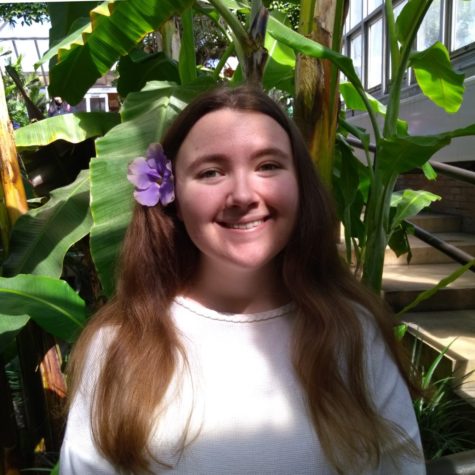
Galina Bouyer, graduating in 2020, is glad to be back for another and final year of Deerprints. She originally joined Deerprints because she loves to write...

